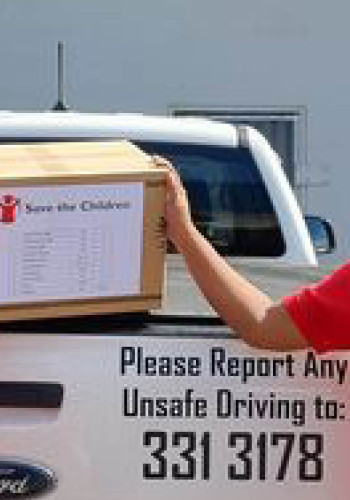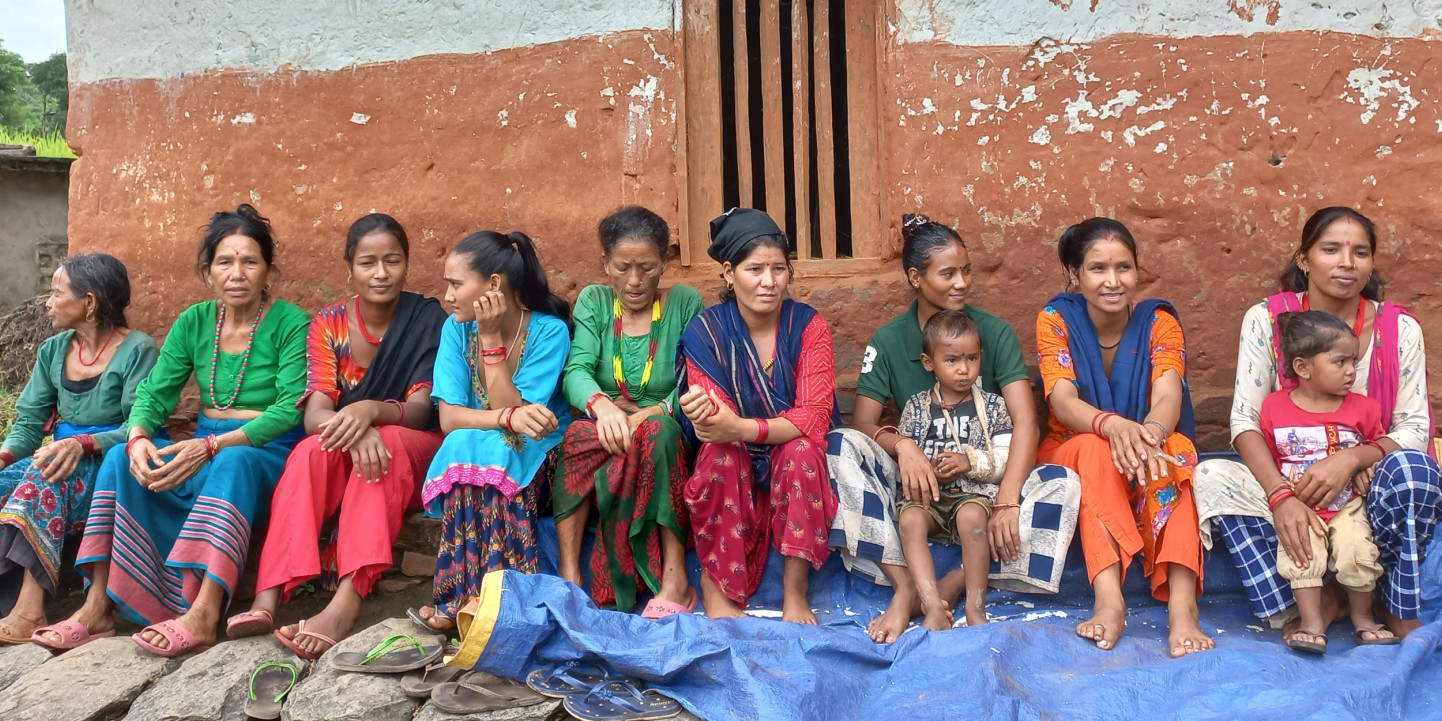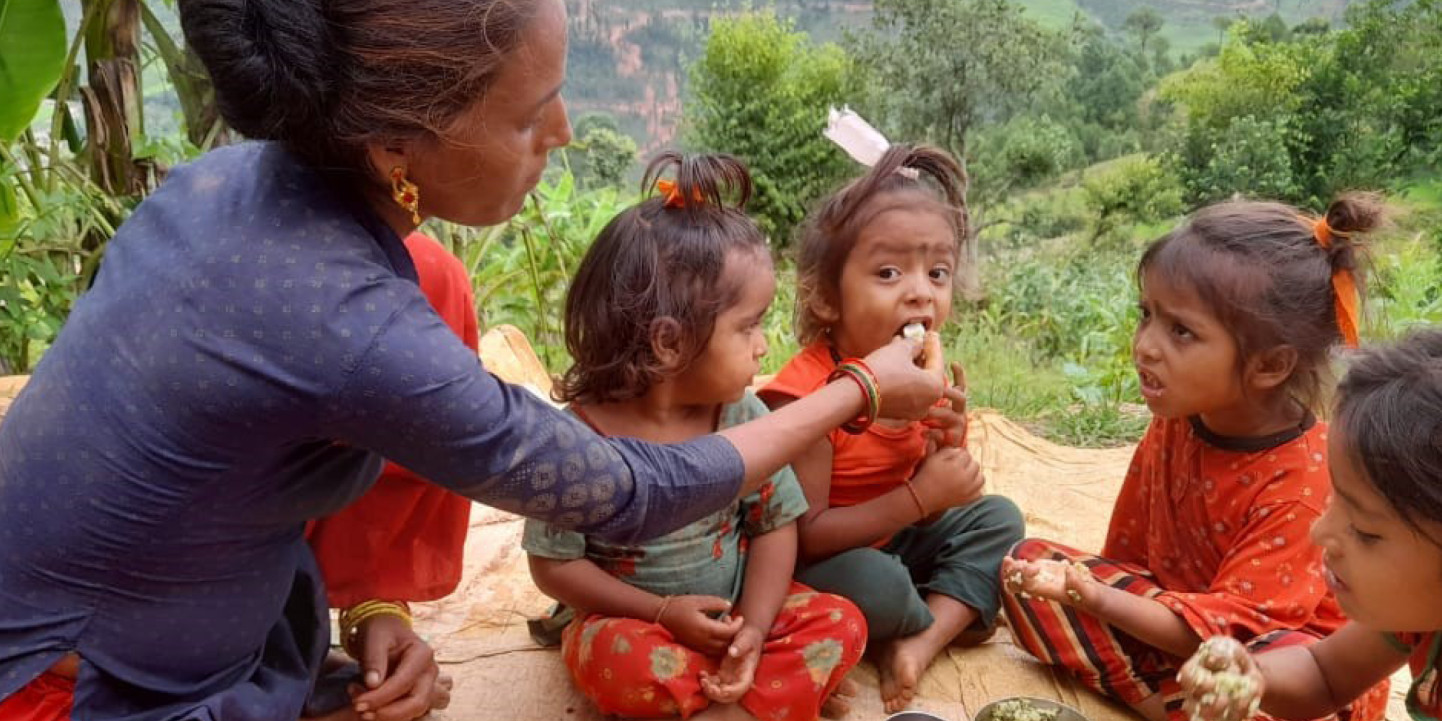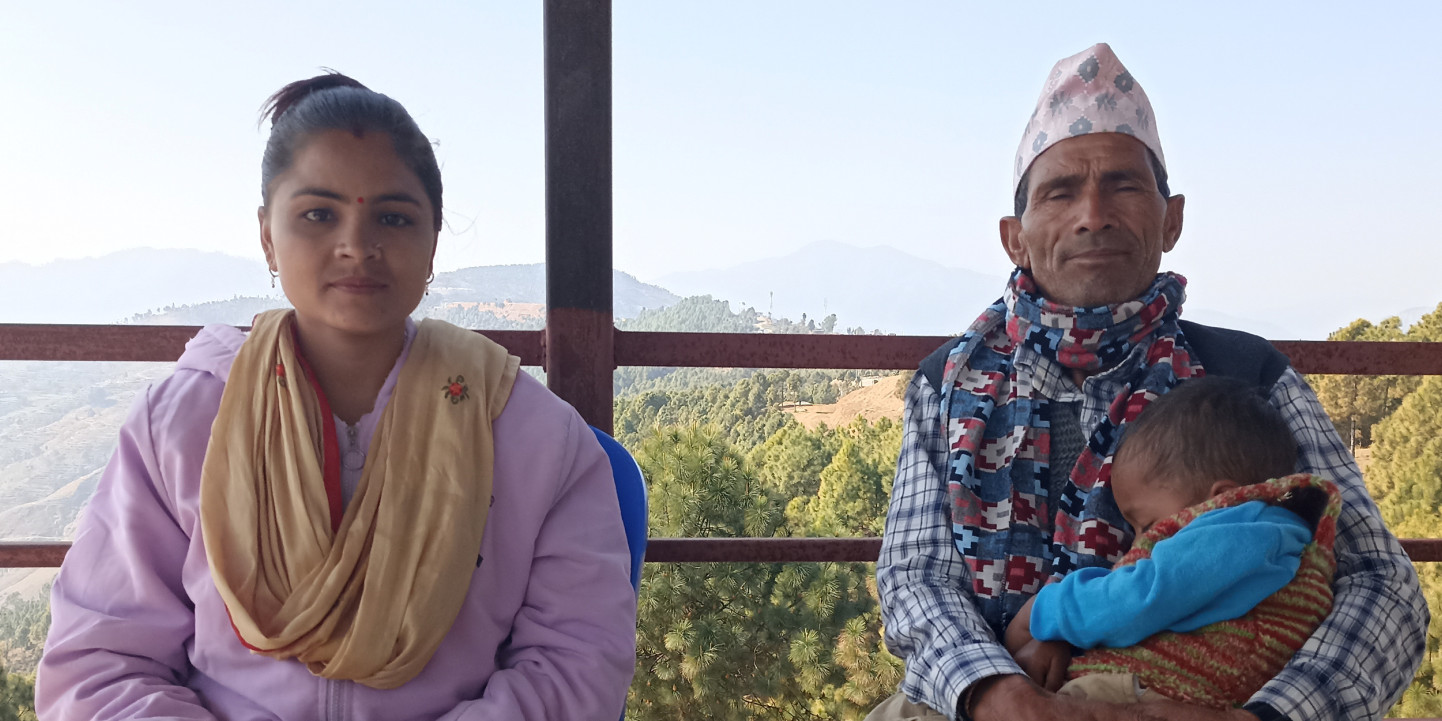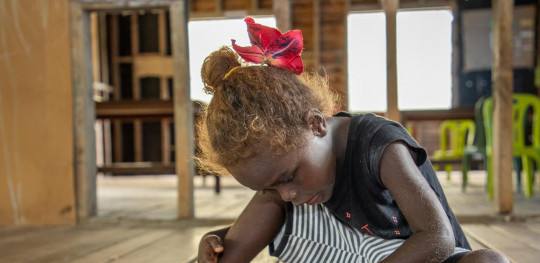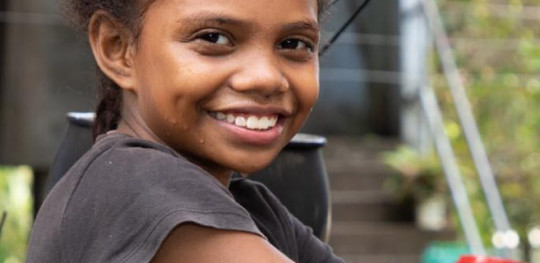Giving Children the Best Start in Life in Nepal
We’re working to improve parenting practices and child development by ensuring pregnant women and mothers of children under three living in remote villages in Nepal can give their children the best possible start.
Why children in Nepal need a better start
Communities in the mountainous district where we are working are remote and lack basic services. Men often migrate to cities or to India to work, so mothers are busy working, raising children and growing food for their families. It's a difficult environment to raise children in. Women often give birth at home and don’t receive any antenatal care.
Mothers like Udisara, 28, a mother of five young children, whose husband is away in India for work, and is often overloaded with household chores. This puts pressure on her parenting. So much so that her two-year-old twin boy had become severely malnourished, weighing in at just 7kg.
Save the Children’s Early Start Programme
Thanks to a generous legacy gift from a life-long supporter, the Early Start project is being implemented with the help of our partners the Everest Club Dailekh in two municipalities of Dailekh district in Nepal, aiming to help young children (0-3 years old) survive and thrive in a healthy, protective, stimulating environment, and develop to their full potential. Project activities include caregivers’ group sessions to teach early stimulation, positive parenting, building brains, and promoting health and nutrition of children and pregnant women.
How we know we're making a difference
Since our programme launched:
- 2,573 parents and caregivers have attended group sessions to improve their parenting practices and knowledge.
- 3,226 have children benefited through their parent’s involvement.
- More than 1,000 children were screened for malnutrition. Those with severe acute malnutrition were given therapeutic food, monitored or referred to a nutrition rehabilitation centre.
- More than 2,500 parents and caregivers attended cooking demonstrations to learn how to prepare nutritious food for children using locally available food, in an effort to reduce childhood malnutrition rates.
- More than 500 people had a mental health assessment and 242 people received support. Ninety-three percent of cases were resolved and the remainder were referred to hospital.
You may also be interested in
